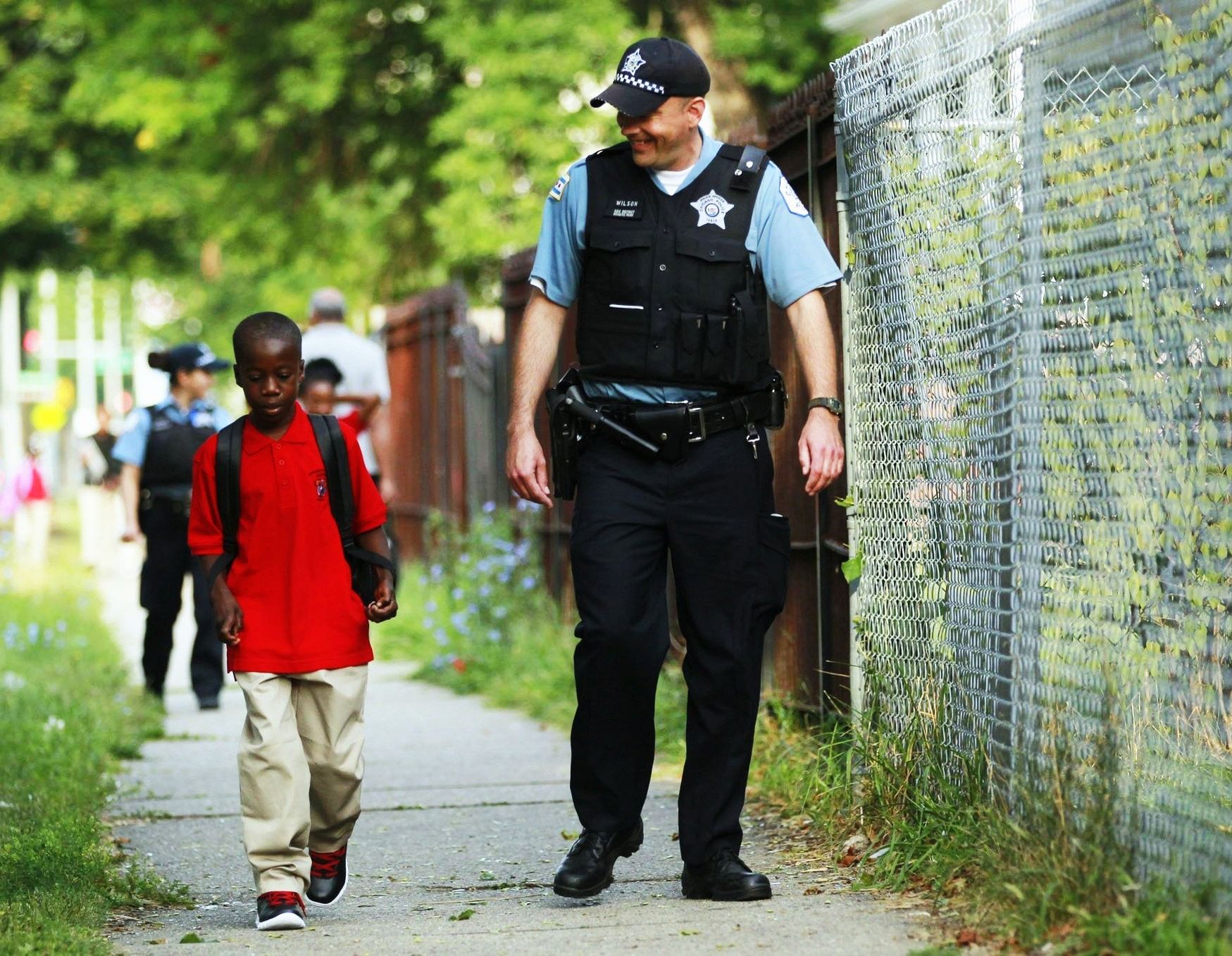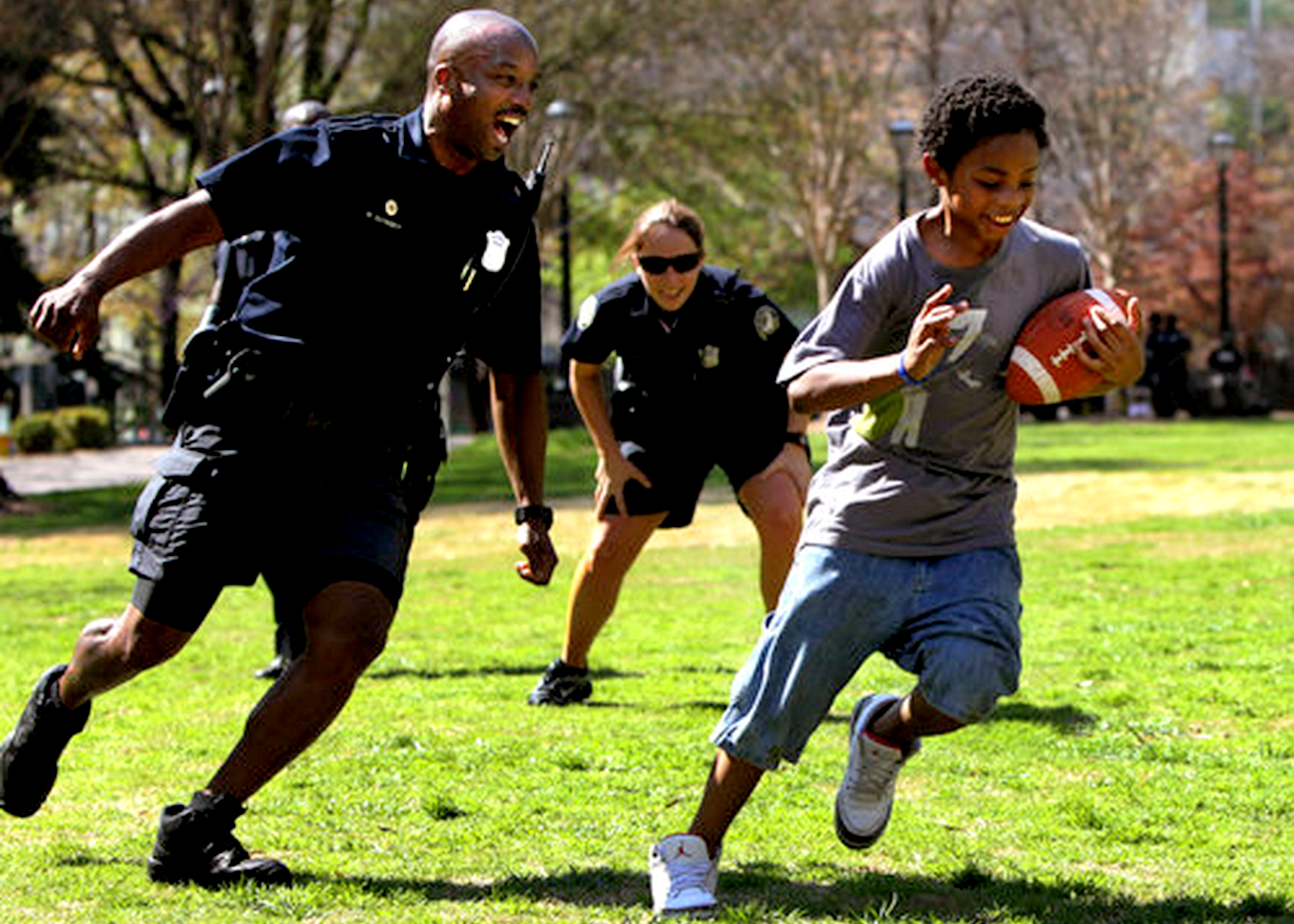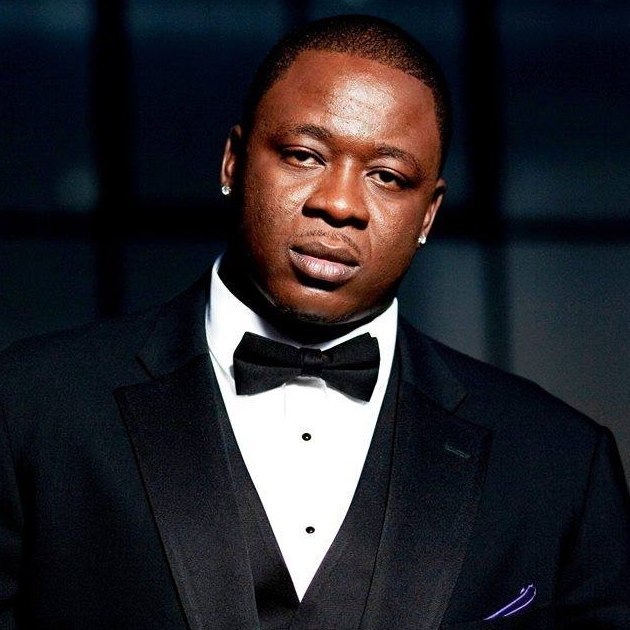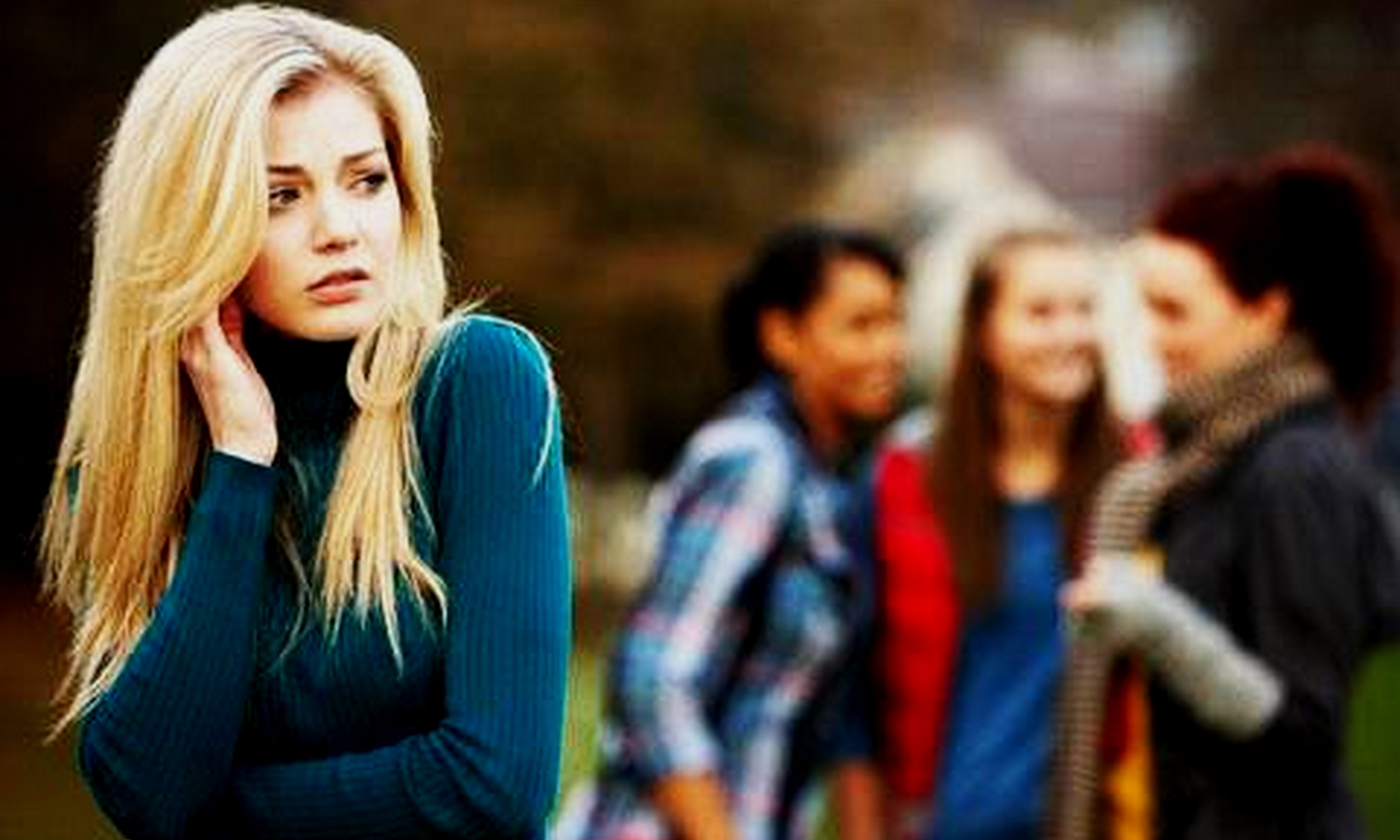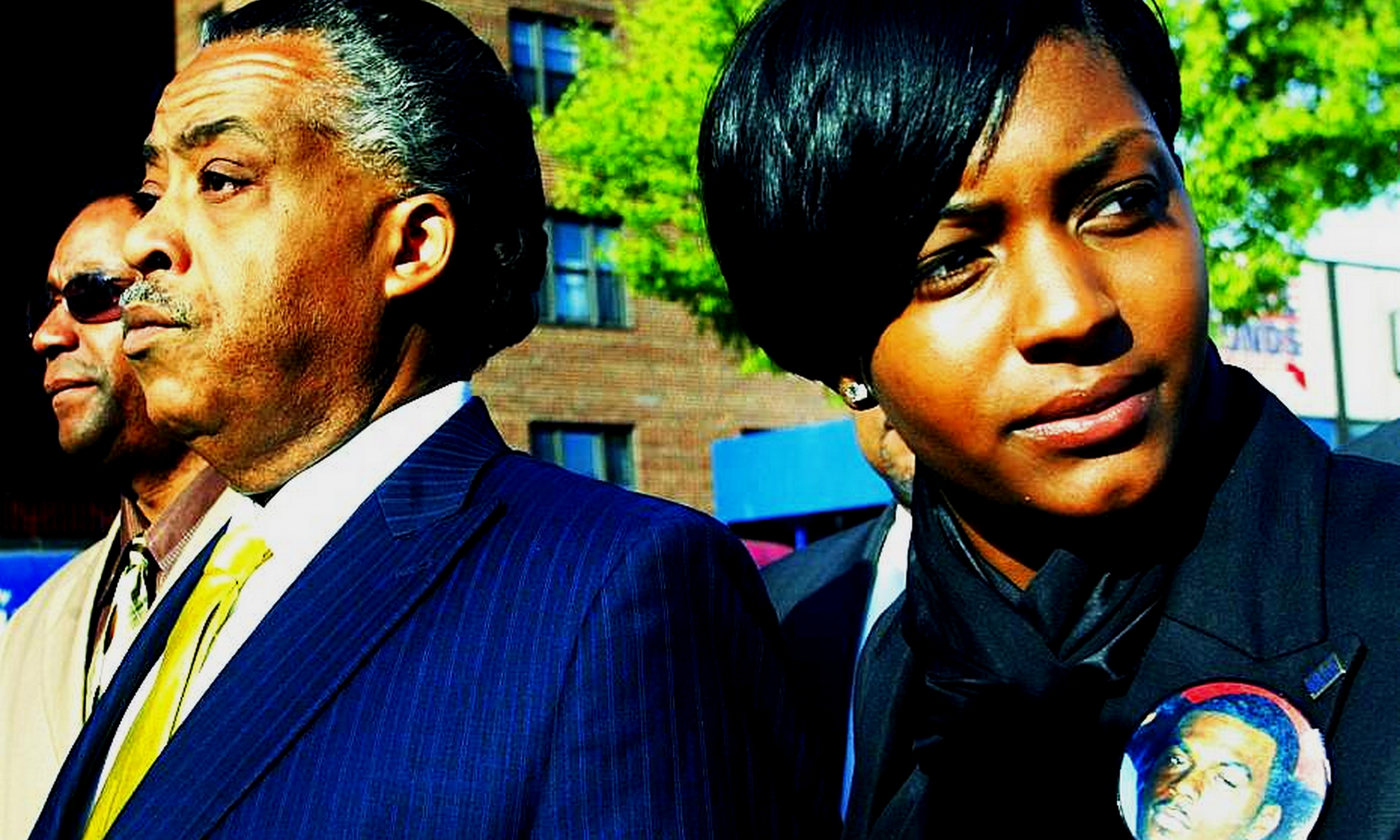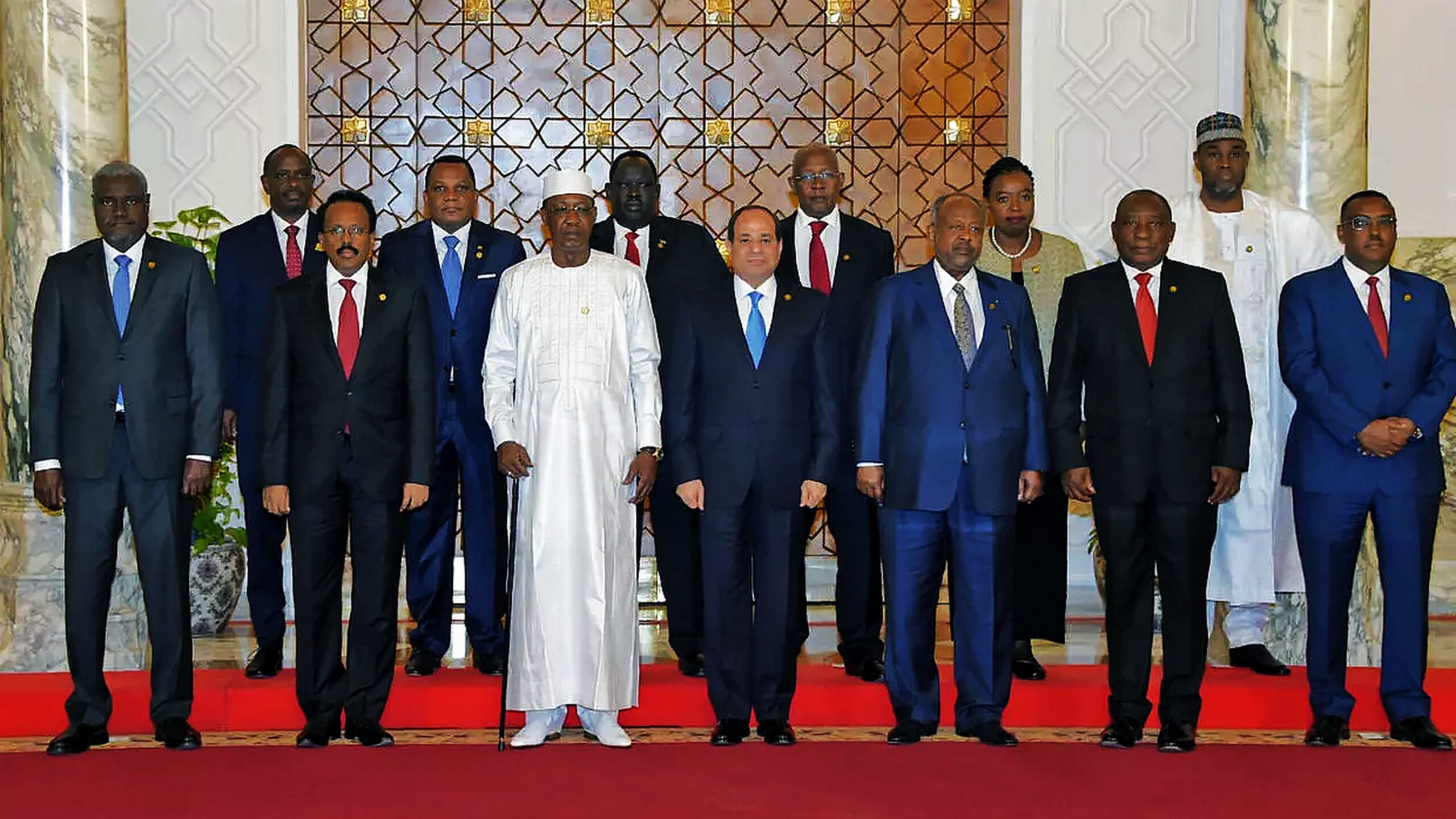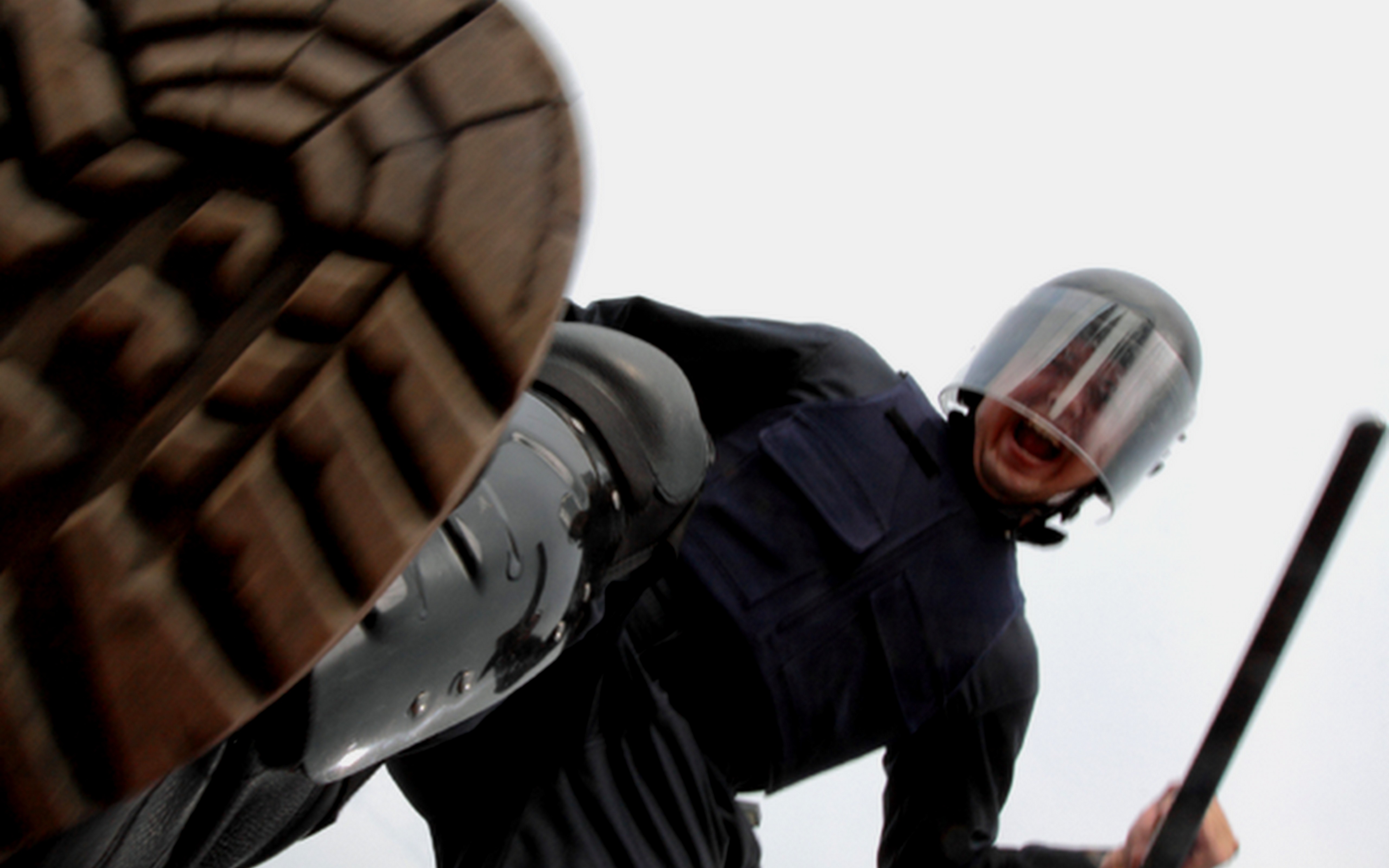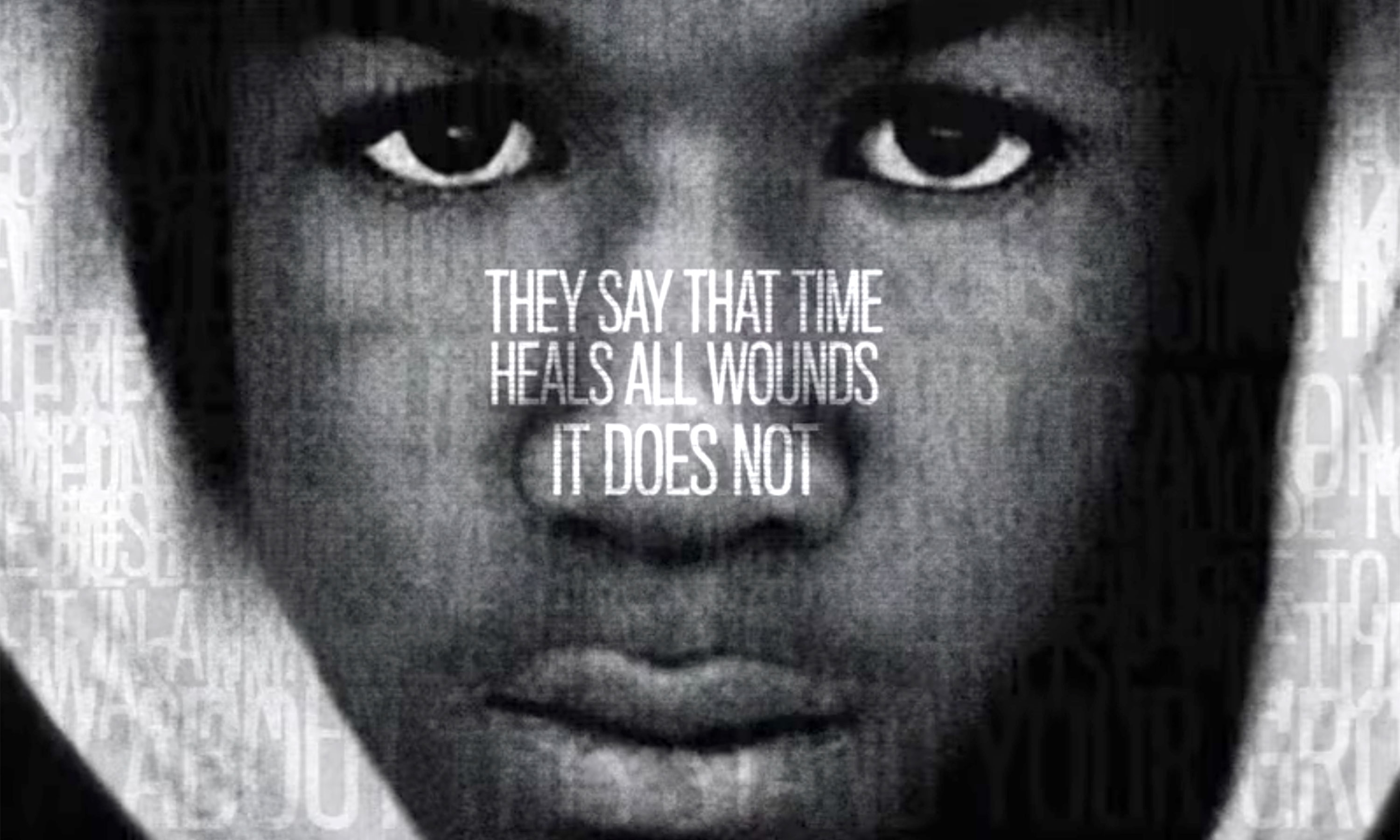A community that does not respect its visual, auditory or performing artists, is not a psychologically or culturally healthy one.”
Not everyone who calls the police is correct. Some people use the police to oppress others. It’s like suicide by a cop, where one deliberately offends a cop so the cop may kill him. A neighbor who is racist, selfish, or extremely mosey could place repeated calls to the police and complain about someone or something. The police cannot afford to have the poor judgment to harass someone accused simply because a call came in. No matter what the racist mentality dictates, the public sees all police officers as fellow citizens.
A fellow citizen who breathes the same air we breathe feels the same pain and is morally and culturally connected to the community in the same way as everyone else. So when someone calls a police officer, people expect an understanding reaction rather than a harsh, disrespectful, or brutal one. People want to trust their officers, not fear them. The easiest way for a cop to gain public trust is never to represent double standards. This is with the understanding that life is not in danger when the police are around.
The police cannot afford to have the judgement to harass someone who has been accused simply because a call came in.”
Take, for example, a musician who lives next door and practices their instrument, freestyle rapping or singing passionately. That musician is just as valuable a product of that community as the lawyer, doctor, politician, banker, mayor, fireman, or nurse. A society that does not respect its visual, auditory, or performing artists is not a psychologically or culturally healthy one. Older generations may be unwilling to change, so they condemn new technologies, art, creative writing, music, comedy, and other talents.
These people may not need email, cell phones, or social networking. Should someone like that call the police on an incredibly young artist passionate about reaching their prime who will create a historical masterpiece, that officer could be used to alter that history by simply disrupting that creative process. Art is a competitive field of work; most times, it takes a lot of trial and error to bring a new idea to fruition. The artist’s last need is a law or policy that disrupts their creative process.
One should not be expected to master their art in silence. Not because a few neighbors would instead the artist embark on an “approved” vocation. The application of the law by the police officer is also critical. Because, in some cases, the law may be detrimental to progress. It could kill a dream or disrupt one culture while enabling another. A law is only as far as the mentality of those who created it. It is one thing to be racist, sexist, or culturally dysfunctional. There is another to the subversive creative art while being normal in real life. The police have a positive role to play in the development of our culture and art. *
